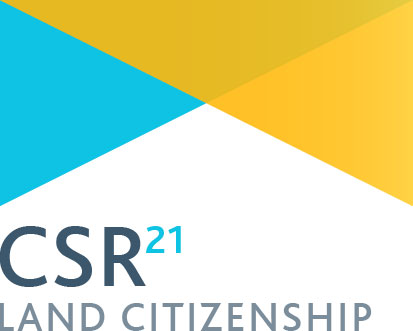
Israel to Pay Compensation to UN
Israel has agreed to pay the UN around $10m in compensation for damage caused to UN buildings in Gaza during last year's war, according to diplomatic sources.
The payout is the first since Israel's heavily criticised three-week war a year ago in which around 1,400 Palestinians and 13 Israelis were killed. It is also thought to be one of the first times Israel has paid the UN any compensation for damage to its facilities in the occupied Palestinian territories.
The UN's Office for Legal Affairs, in New York, has been in negotiations with Israeli officials for months over the payment before Ehud Barak, Israel's defence minister, agreed to pay. In an embarrassment to Israel some of the damage to UN buildings occurred while Ban-Ki Moon, the UN secretary general, was in meetings with Israeli leaders trying to win a halt to the fighting.
However, there is no sign yet that Israel is ready to pay any other compensation over the war or conduct its own independent inquiry, despite repeated allegations that its military committed war crimes.
Immediately after the war the UN commissioned an inquiry into damage to its buildings in Gaza and injuries to its staff. That investigation accused the Israeli military of "negligence or recklessness" in its conduct of the war and said reparations for death and damage should be paid, putting the figure at more than $11m.
The inquiry, led by Ian Martin, a Briton who is a former head of Amnesty International, marked the first major challenge to Israel over its conduct of the war. It found the Israeli military's actions "involved varying degrees of negligence or recklessness" and that the military took "inadequate" precautions towards UN premises and said the deaths of civilians should be investigated under the rules of international humanitarian law.
Israel at the time rejected those findings, even before the summary of the report was made public, saying it was "tendentious" and "patently biased".
However, the allegations were matched by international human rights groups and by a second, broader UN inquiry, commissioned by the UN Human Rights Council, and led by the former South African judge Richard Goldstone, which accused both Israel and Hamas, the Palestinian Islamist group, of war crimes.
One of the most serious incidents involving the UN in Gaza took place on 6 January near a UN boys' prep school in Jabaliya being used as a shelter for hundreds of Palestinians who had fled their homes to escape the fighting. The Israeli military fired several 120mm mortar rounds in the "immediate vicinity" of the school, killing between 30 and 40 people. Although Israel at the time insisted Hamas had fired mortars from within the school, the UN inquiry found this was untrue. It held Israel responsible for the attack.





